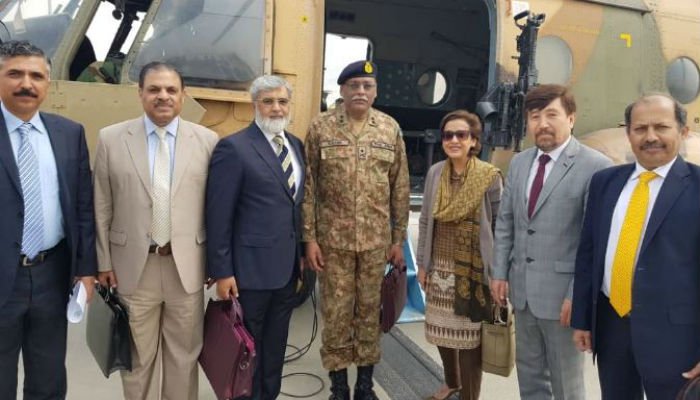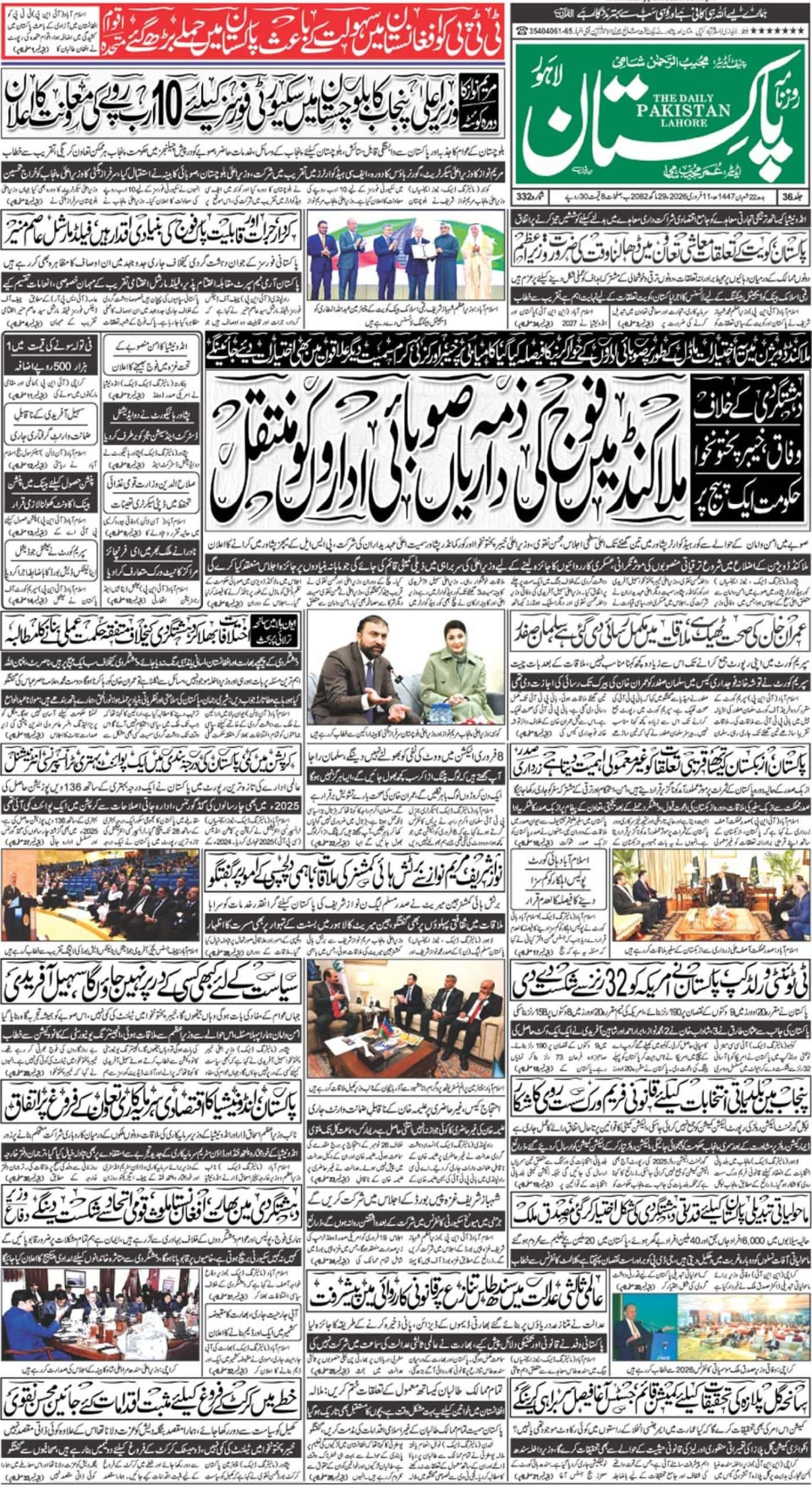KABUL – A high-level Pakistani delegation arrived in Afghanistan on Monday to hold talks on the Afghanistan-Pakistan Action Plan for Peace and Solidarity (APAPPS), weeks after the Afghan president offered Taliban to join the political process.
The Pakistani delegation is headed by Foreign Secretary Tehmina Janjua and comprises senior civil and military bigshots, including Director General Military Operations Maj Gen Shamshad Mirza.
The visit of the delegation was confirmed by Ministry of Foreign Affairs Spokesperson Dr Mohammad Faisal on Twitter.
https://en.dailypakistan.com.pk/headline/dossier-confirming-involvement-of-afghanistan-based-terrorists-in-swat-attack-handed-over-to-kabul/
The tour precedes Prime Minister Shahid Khaqan Abbasi’s visit scheduled for April 6, and succeeds visit of National Security Advisor Nasser Janjua who toured the Afghan capital on March 17-18.
Janjua called on Afghanistan President Ashraf Ghani and Chief Executive Dr Abdullah Abdullah in separate meetings during his trip to Kabul. It was during the same trip that Ghani invited Pakistan’s prime minister to “initiate state to state comprehensive dialogue”.
Revealing the details of the tour, Dr Faisal had informed that Pakistan had proposed five joint working groups, focusing on ensuring a comprehensive engagement for countering terrorism, intelligence sharing, military, economy, trade and transit interaction, refugee repatriation and connectivity.
https://en.dailypakistan.com.pk/world/two-day-tashkent-conference-on-afghanistan-starts-on-monday/
The FO spokesperson had also reaffirmed that Pakistan will continue to support efforts for peace in Afghanistan, but the Afghan government needed to reach a settlement with different Afghan groups.

Earlier in February, an Afghan delegation led by Afghan Deputy Foreign Minister Hekmat Khalil Karzai had come to Islamabad to hold the second meeting for APAPPS which focused on ensuring comprehensive engagement for countering terrorism, refugee repatriation, intelligence sharing, economic development through trade and transit interaction, reduction of violence through a comprehensive re-conciliatory approach.
According to a communique issued by the Foreign Office then, the meeting was held in a cordial environment and both delegations were able to make some progress on the APAPPS agenda.
“There are still important areas to be discussed and agreed upon, and both sides remain committed to continuing their discussions to reach an agreement on the APAPPS,” added the press release.














